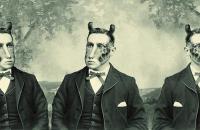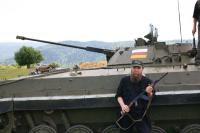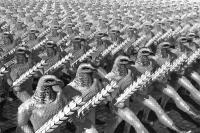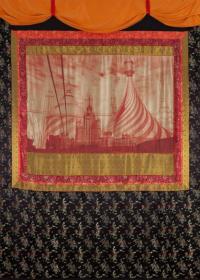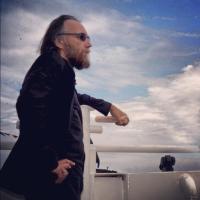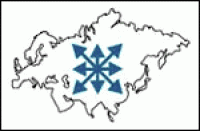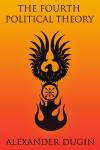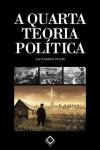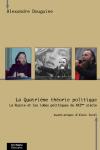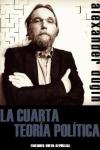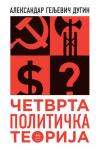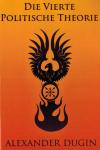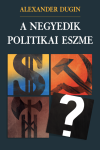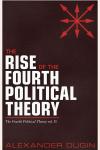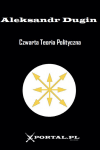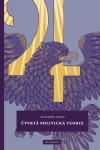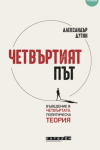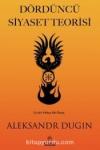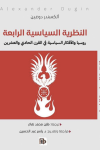EITHER US - OR NOTHING
The historical National-Bolsheviks (Nikisch, Ustryalov, Thiriart) have intuitively come close to this complex, but even they have faltered from the path: Nikisch saw positive meaning in technology and process, Ustryalov flirted with NEP and wasn't aware of Germany's meaning for Russia, Tieriard denied esoterism and religion, remaining a materialist pragmatic.
National-Bolshevism is by far the most interesting phenomenon of the 20th century. It has adopted everything that fascinates us within Bolshevism or fascism. Whatever brought these ideologies to an end, contradicts with the spirit of this virtual doctrine.
National-Bolshevism helps us understand where the anti-liberal regimes of our century went wrong and why they were bound to fall. This analysis is loyal to the past and graphic, when it comes to our time, when the "new" right and "new" left are but parodies of what even in its own time were merely parodies of the virtual National-Bolshevism.

